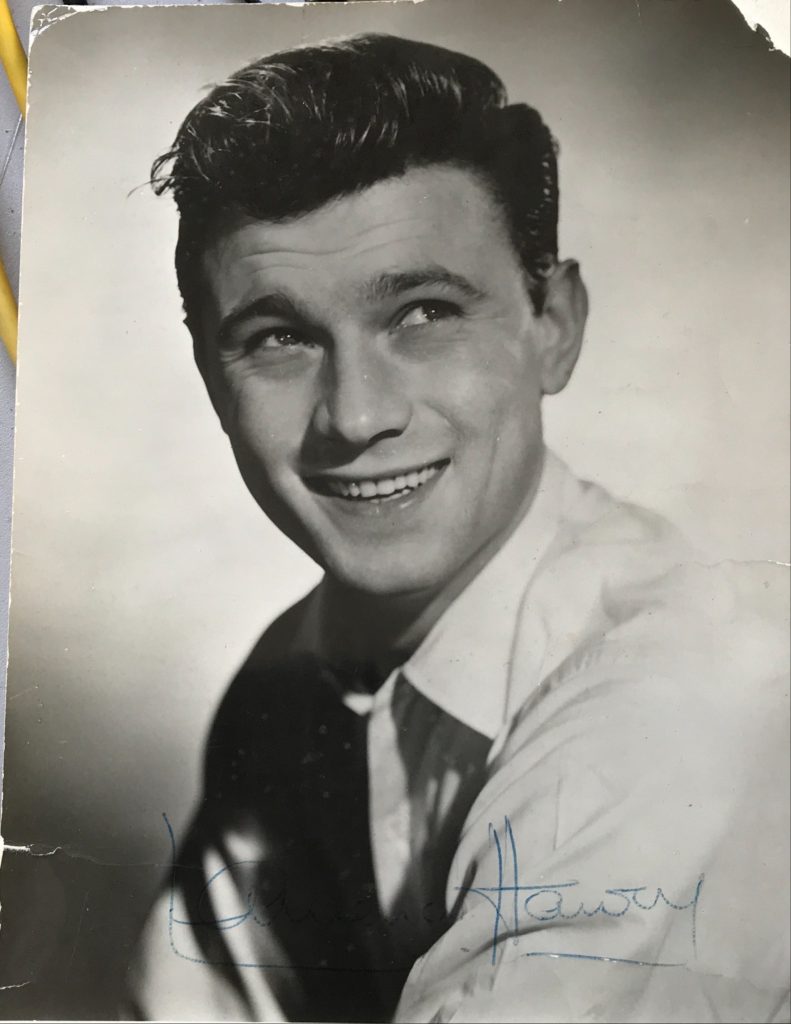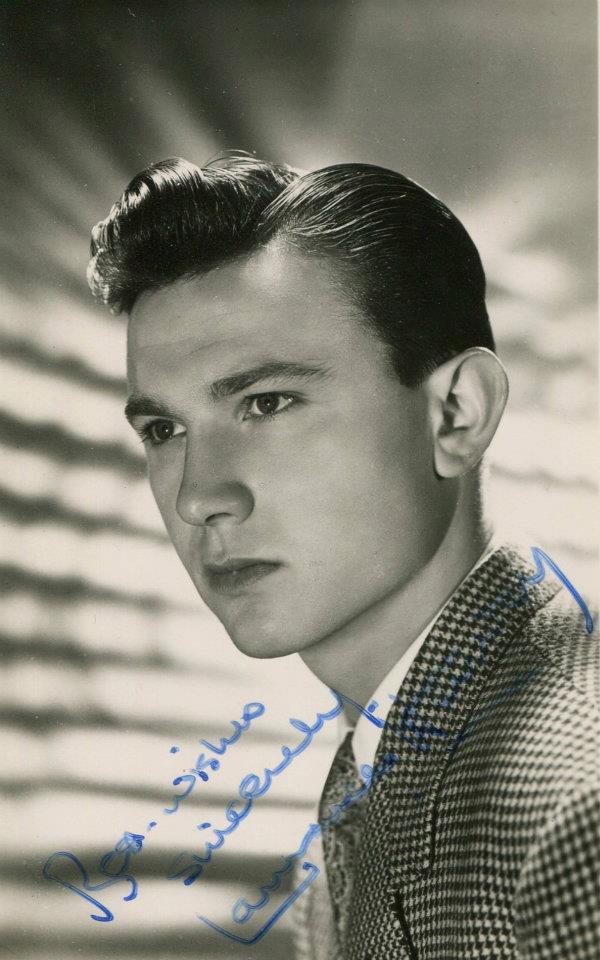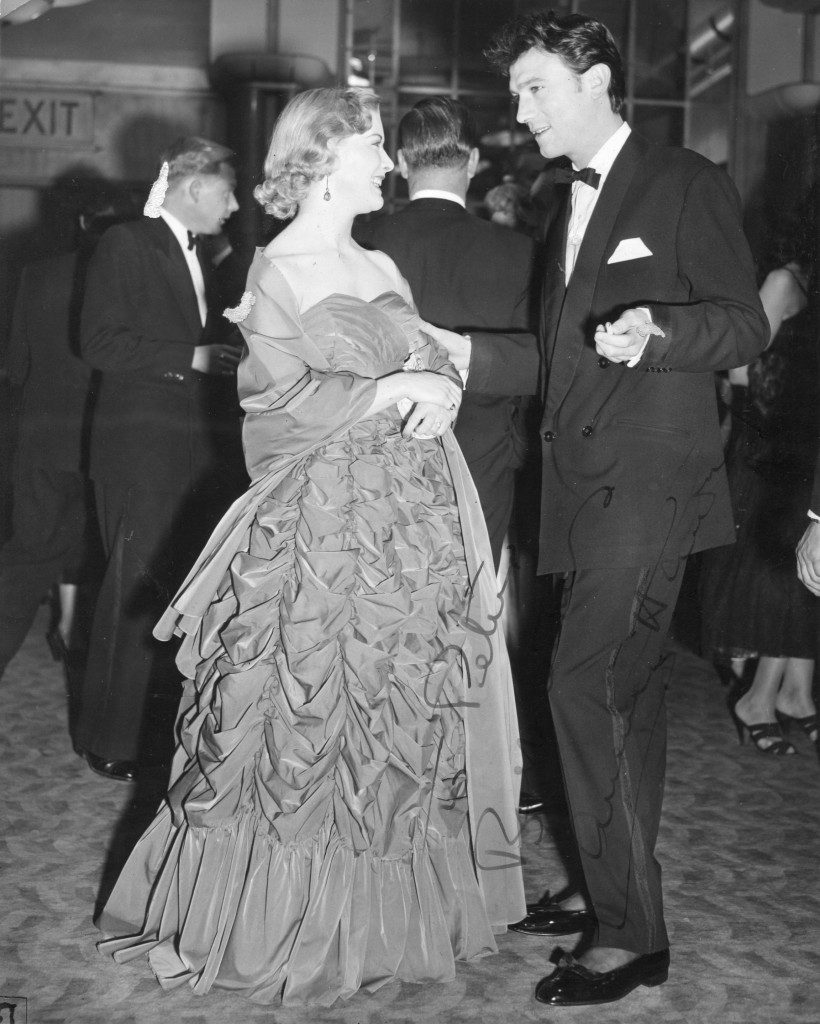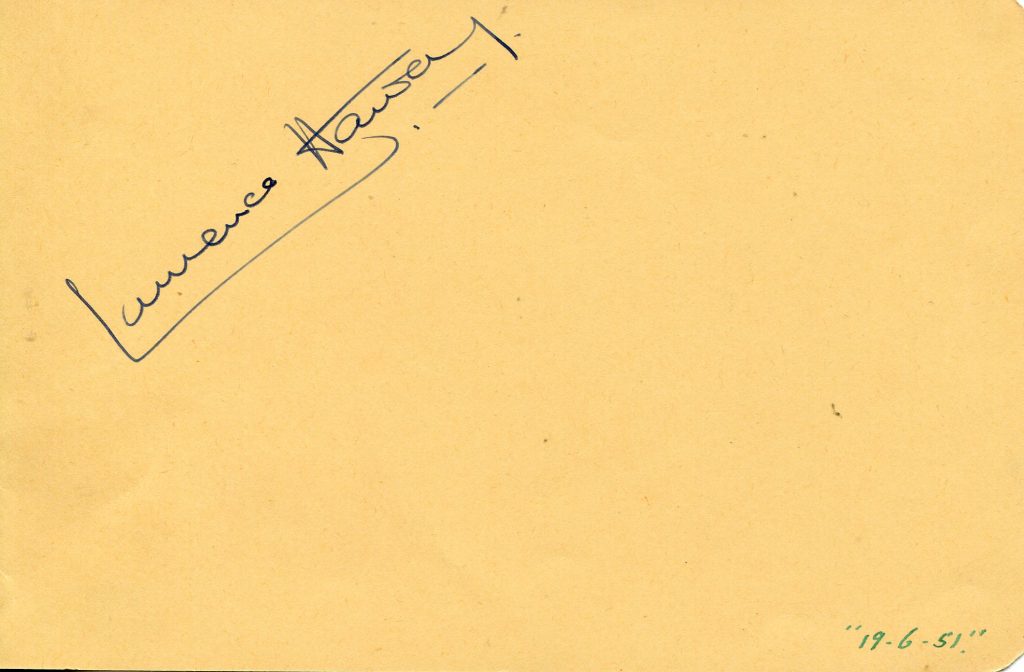



New york times obituary in 1973
LONDON, Nov. 26—Laurence Harvey, the actor, died of cancer here at his home last night. He was 45 years old.
Mr. Harvey, had undergone surgery and cobalt ray treatment in Los Angeles last May.
The Screen’s Perfect Cad
By PAUL GARDNER
With his clipped speech, cool smile and a cigarette dangling impudently from his lips, Laurence Harvey established himself as the screen’s perfect pin‐striped cad. He could project such utter boredom that willowy debutantes would shrivel in his presence. He could also exude such charm that the same young ladies would gladly lend him their hearts, which were usually returned utterly broken.
He had already appeared in about 30 European films when he found his niche as an actor and stardom too— in “Room at the Top,” the film which brought him to the attention of American audiences in 1958. His performance as a surly, self‐serving chap who dumped his mistress (Simone Signoret) to marry the boss’s daughter and ride off into the sunset in a Rolls‐Royce limousine, won him an Academy Award nomination.
In “Butterfield 8,” he played a millionaire with a 10‐room Fifth Avenue apartment and “caves all over town,” whose beastly behavior toward his mistress, Elizabeth Taylor, drove her to suicide.
The image Mr. Harvey carefully fostered for himself offscreen was not far removed from some of the roles he played. “I’m a flamboyant character, an extrovert who doesn’t want to reveal his feelings,” he once said. “To bare your soul to the world, I find unutterably boring. I think part of our profession is to have a quixotic personality.”
Mr. Harvey was a fastidious connoisseur of antiques, food and wine. His baronial manner, cheeky wit and upper‐class British accent gave the impression that he was of aristocratic birth. But Mr. Harvey, whose real name was Larushka Mischa Skikne, was born in Joniskis, Lithuania, of Jewish parents.
His father was a building contractor who moved the Family to Johannesburg, South Africa, in 1934 when Mr. Harvey was about 6. “When I was 14 I ran away from home and joined the Royal South African Navy. I was always Iying about my age—I still‐am,” Mr. Harvey told an interviewer for Esquire several years ago.
During World War II, he served in the African and Italian campaigns. After discharge in 1945, he enrolled for three months at the Royal Academy of Dramatic Arts in London before joining a repertory company in Manchester, England. In the fifties he toured the United States with the Old Vic production of Henry V. In 1952, he did a season with the Royal Shakespeare Company in Stratfordon‐Avon, where he met his future wife, the actress Margaret Leighton.
Their marriage, in 1957, lasted about four years. In 1968, he married Mrs. Joan Cohn, widow of Harry Cohn, a founder of Columbia Pictures. They were divorced in 1972. “What I’ve got is a mother fixation,” Mr. Harvey once said, explaining his marriages to older women.
In the same year as his secand divorce, however, he married a young fashion model, Paulene Stone, the mother of his three‐year‐old daughter, Domino.
Mr. Harvey’s close friends included Rex Harrison and Elizabeth Taylor, who co‐starred with him in his last film, “Nightwatch.” But his sometimes arrogant manner did not endear him to other colleagues. After appearing with him in “Walk on the Wild Side,” a steamy Southern drama, Jane Fonda remarked, “There are actors and actors—and then there are the Laurence Harveys. With them, it’s like acting by yourself.”
Such comments never fazed him. “Someone once asked me, ‘Why is it so many people hate you?’ and I said, ‘Do they? How super!’ I’m really quite pleased about it.”
In the mid‐sixties, while making a number of films that included “The Manchurian Candidate,” in which he played a soldier hypnotized by Communists into committing a political murder, Mr. Harvey returned to the stage. He appeared at the Edinburgh Festival in a production of “A Winter’s Tale” and in the London production of “Camelot.”
But Mr. Harvey will not be remembered for his brief appearances in costume drama. With his gray‐blue eyes, wellcut brown hair (except for the cowlick in front) and tolerant smile, all at the service of a personality that could freeze ice cubes, Laurence Harvey will be remembered as the screen’s fastidious playboy who most mothers feared their daughters might marry—or he ruined by—during an afternoon in the country.

